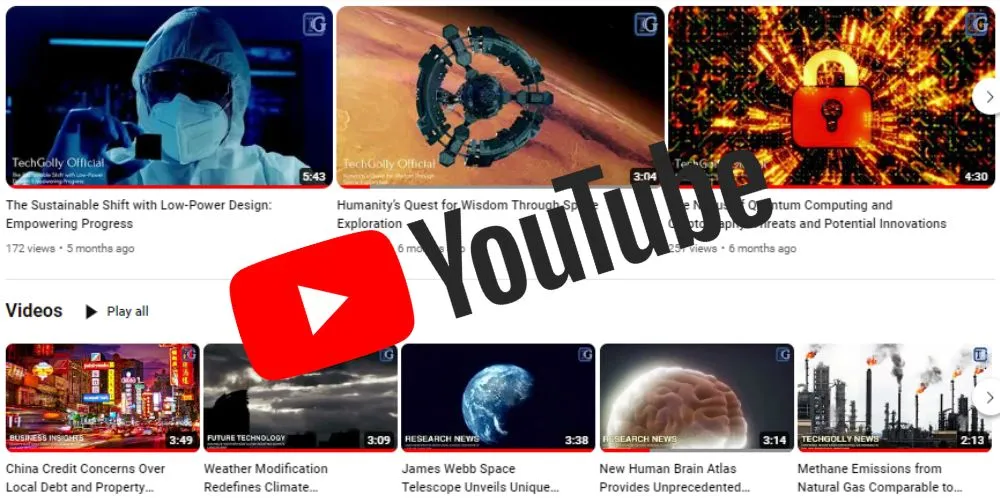Key Points:
- OpenAI transcribed over a million hours of YouTube videos, raising copyright concerns. Google refrained from taking action against OpenAI.
- YouTube’s CEO highlighted the platform’s terms of service prohibiting data downloading; Mohan remained non-committal to OpenAI’s use of YouTube data.
- Google amended its terms of service to permit the use of public Google Docs and other internet data for AI training.
- The New York Times has filed a lawsuit against OpenAI and Microsoft for using Times content without authorization.
Recent revelations have brought attention to the practices of major tech companies like OpenAI, Google, and Meta regarding the use of potentially unauthorized data for training advanced AI models. The spotlight fell on OpenAI after its CTO’s ambiguous response regarding training its Sora video generator on YouTube data, raising questions about data scraping ethics.
According to a report by the New York Times, both OpenAI and Google have been transcribing over a million hours of YouTube videos using their respective technologies. However, this practice potentially violates creators’ copyrights, leading to concerns about legal ramifications. Despite Google’s ownership of YouTube, it did not take action against OpenAI for similar data scraping activities.
YouTube CEO Neal Mohan emphasized that the platform’s terms of service prohibit downloading transcripts or video bits, indicating a clear violation. However, when questioned about OpenAI’s use of YouTube data, Mohan remained non-committal, stating he had limited information.
Meta, formerly Facebook, reportedly considered acquiring Simon & Schuster to access its books for AI ingestion. Additionally, internal discussions revealed contemplation of scraping data and relying on legal loopholes to evade potential lawsuits. Meta drew inspiration from a 2015 ruling that favored Google’s digitization of books for Google Books.
Google altered its terms of service to permit the use of public Google Docs and other internet data for AI training, albeit amid controversy. The company clarified that the Docs data was part of an experimental program attempting to navigate the fine line between innovation and legal compliance.
The New York Times took action against OpenAI and Microsoft, suing them for utilizing Times content to train AI models. The legal battle underscores the complexities surrounding data usage and intellectual property rights in the AI landscape.





